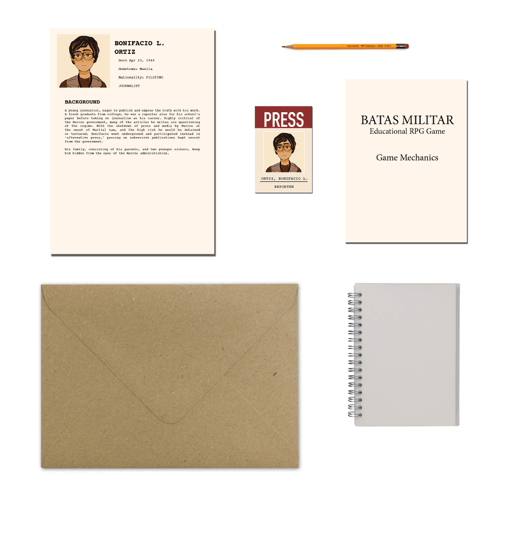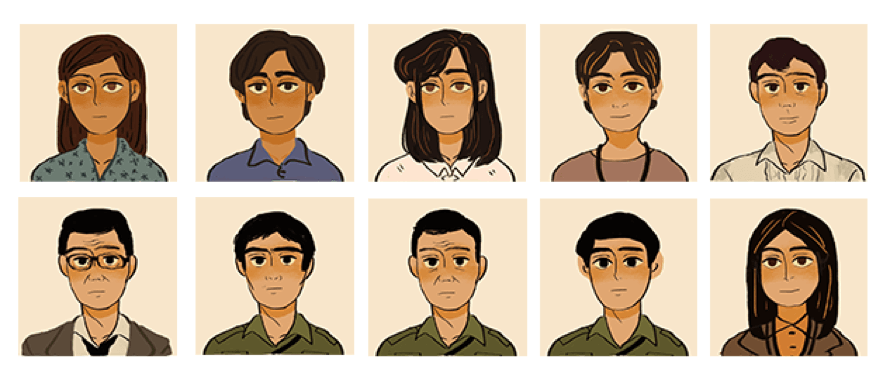#NeverForget: Educational RPG ‘Lipunan’ tackles martial law
The 2022 national and local elections are over, and it is apparent that a terrible, traumatic era in Philippine history is rearing its ugly head once more.
Martial law was a significant and dark period in Philippine history. Declared on September 22, 1972 by the late president and dictator, Ferdinand Marcos Sr., this event would end up triggering a sequence of events that would alter the course of history.
The 14-year period of dictatorship saw the curtailment of civil liberties, extrajudicial killings and unsolved disappearances, media oppression and economic recession, among others.
Teachers looking for an experiential way to teach the subject of martial law in the Philippines might want to check out a unique resource that gamifies the subject while immersing players in significant events throughout history.
Lipunan is an educational role playing game (RPG) on martial law developed by Isa De Vera, where students take on personas of specific characters with roles relevant to the time period and setting.
(Lipunan) is meant to provide an enjoyable method to supplement teacher’s lectures on martial law and immerse students as players within a series of significant events.
The game, which is meant to be simulated in a classroom setting, with a facilitating history/social studies teacher, and at least six students, is currently available for free download on the Martial Law Museum’s website.
The game’s content (enclosed in an envelope) includes: (1) character profile sheet, (1) game mechanics booklet, (1) writing journal, (1) pencil, and (1) special item, which differs per character role.
A Teacher's Manual, module and kit containing various scenerios are also available for download.

According to the game’s mechanics, teachers begin by assigning each student an individual character to play, who will each also receive a special kit they need to use for the entire duration of the game.
The game’s character profiles include: Student Activists, Journalists, Military Police, Marcos Cronies, Detainees, and Civilians. Each character has sidequests they need to accomplish, while some have special abilities they can use.
For instance, Journalists can interview and reveal secrets about other characters; Military Police can arrest other characters; Marcos Cronies can influence the economy and business in society; and Political Detainees (politicians) can set one rule per week that all other characters must follow.

All players begin at level 0, with 0 EXP (experience points), and can gain more points by accomplishing quests and sidequests, in the form of presentations, quizzes, submitting certain types of output, and by writing in their weekly journals.
According to the game's creator, the RPG is meant to provide an enjoyable method to supplement teacher’s lectures on martial law and immerse students as players within a series of significant events, subsequently leading to the People’s Power Revolution in February of 1985.
“Rather than simply memorizing facts, names and dates from textbooks, students are able to recognize the importance of narrative building in the writing and study of history, as well as encouraging participation by rendering the learning experience more enjoyable.”
The game also aims to draw attention to the process of writing history and the impact and succeeding consequences of martial law on Philippine society today.
(Images from Lipunan)


